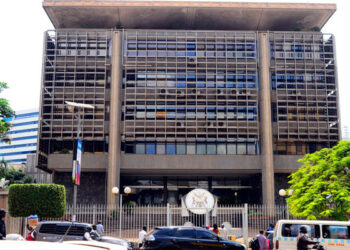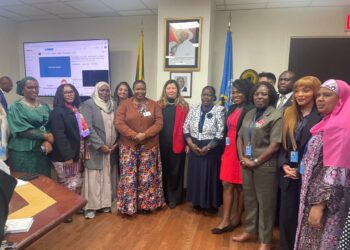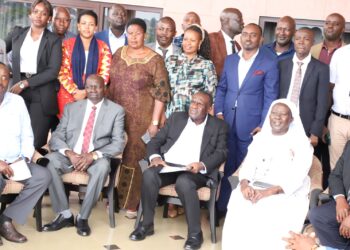Since independence, Uganda has had 10 parliaments. The first parliament had 92 members and in the next parliament, the numbers increased to 120. In the eighth Parliament, (2006-2011), the House representative number expanded to 319 members, in the ninth (2011-2016), it expanded to 375 and in the tenth (2016-2021), the number increased to 426.
According to the Speaker of Parliament Rebecca Kadaga, the number of MPs in the eleventh Parliament may increase to over 500.
Kadaga says that the representation of people in Uganda is quite a paradox, first of all, the practice is that a constituency should have 70,000 people but there are many constituencies which have 300,000 people.
“Recently I received a petition from a citizen telling me that within Wakiso there are 3 sub-counties, one of them has 290,000 people, so do you make that a constituency or does it remain part of the main constituency?. This is very challenging and it’s a matter that we need to seat and discuss. And the level at which people demand these constituencies is very high, last time when the minister brought a few of approved constituencies, oh my God another 30 people raised and said you promised us in 2015, look at the Hansards, it was war so the pressure at which people demand constituencies also makes it hard to reduce the Parliament,” she said.
However, speaking to some members of Parliament in regards to their performance, a number of them said that they are very many in number but only a few are privileged to debate like the leader of the opposition and the Chief whips.
“We need to reduce our Parliament because it’s suffocating, everyone wants to become a member of Parliament because they now think politics is a job. If we had a smaller Parliament, there would be less expectation even the numbers of the contenders would be fewer,” Burahya county MP Margaret Muhangi.
Bugweri County MP Abdu Katuntu, says there is no political will on reducing the size of the parliament.
“The question one would ask is, is this government interested in cutting the cost of public administration or interested in the politics of patronage, it would be a tall order for anybody to imagine parliament as it’s constituted today to cut down its own size, that would not be possible to me because of the selfish interests of many of politicians,” he said.
“There are also pressure from our people because today every small parish wants to become a sub-county, every small sub-county wants to become a district, leaders at lower level want to become district councillors or MPs, so politics has been vulgarised, we are facing a very big problem as a country and to sort out this we need a deliberate government policy, a fundamental change to say we cannot have this sort of situation to go on and on. Yes, we need to reduce on the size of Parliament but do have a political will as a country? Do we have a political will as a government?” he wondered.
Katuntu added that parliament should have only one man and one woman district representatives only. “There is also a need to re-organise the local government, some districts need to be merged and create a functional strong local government.”
According to economist, Ramathan Goobi, it’s not only parliament that is increasing in number but all government arms are increasing hence spending a lot of money on governance.
“The executive is also getting larger, also the civil service is getting bigger and bigger, this is something wrong economically. We have failed to transform the economy to be able to create employment of productive jobs for Ugandans and as a result of that Ugandans have resorted to seeking employment from the government as the first and last resort, that is why everybody wants to be a leader of a certain nature as a way of employment,” Mr Goobi said.
“Government is supposed to be a class of specialized people and us the local people must be the masses but now it’s the opposite. Leaders are becoming many than those being led, so the government is spending a lot of money on governing Uganda. Uganda is getting over-governed. This is because the economy has failed to transform and accommodate as many people to get gainful employment, however, since it’s the obligation of MPs am very doubtful that they might accept to be affected by the new changes,” he said.
Do you have a story in your community or an opinion to share with us: Email us at editorial@watchdoguganda.com












